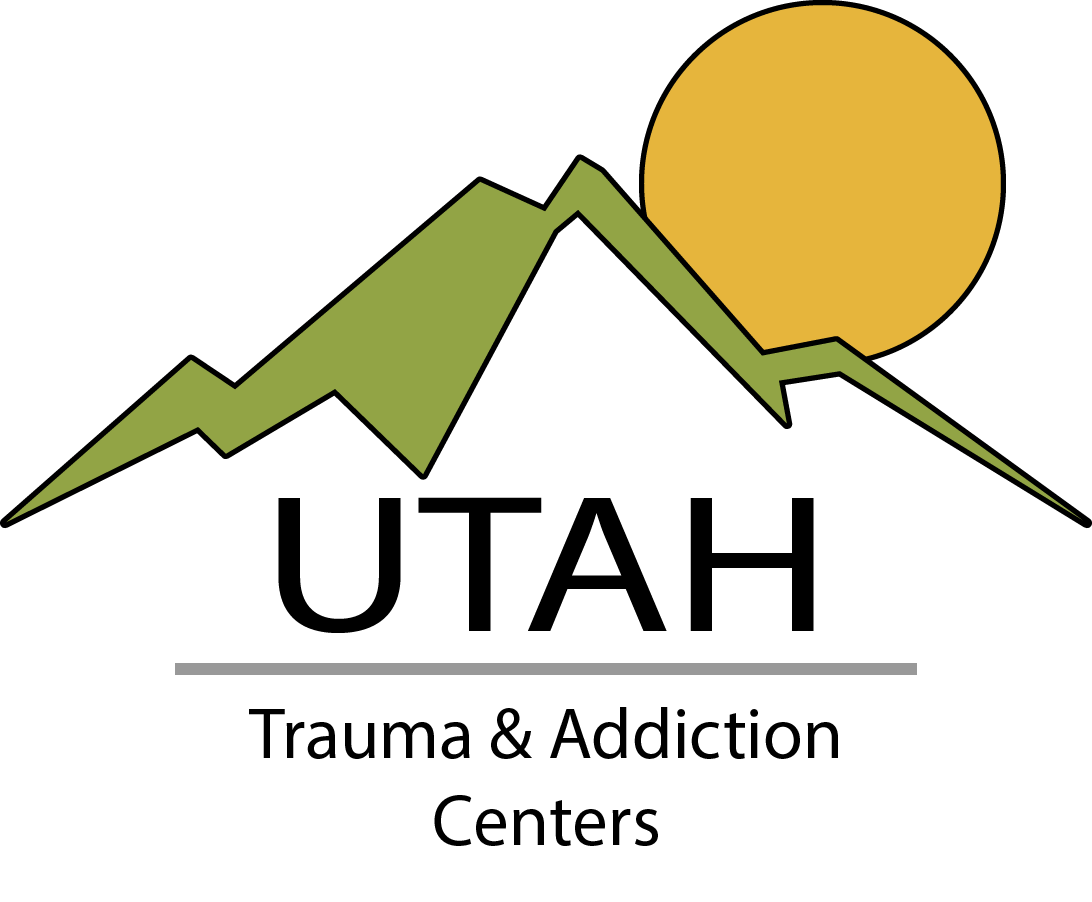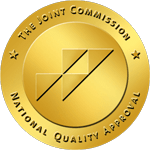The Role of Antidepressants for the Treatment of Bipolar Depression
1. Schneck CD, Miklowitz DJ, Miyahara S, et al. The prospective course of rapid-cycling bipolar disorder: findings from the STEP-BD. Am J Psychiatry. 2008;165:370-377.
2. Sachs GS, Nierenberg AA, Calabrese JR, et al. Effectiveness of adjunctive antidepressant treatment for bipolar depression. N Engl J Med. 2007;356:1711-1722.
3. Leverich GS, Altshuler LL, Frye MA, et al. Risk of switch in mood polarity to hypomania or mania in patients with bipolar depression during acute and continuation trials of venlafaxine, sertraline, and bupropion as adjuncts to mood stabilizers. Am J Psychiatry. 2006;163:232-239.
4. Altshuler L, Suppes T, Black D, et al. Impact of antidepressant discontinuation after acute bipolar depression remission on rates of depressive relapse at 1-year follow-up. Am J Psychiatry. 2003;160:1252-1262.
Religion, Spirituality, and Mental Health
1. Charcot JM. Leçon d’ouverture. Progrès Médical. 1882;10:336.
2. Freud S. Future of an illusion. In: Strachey J, trans-ed. Standard Edition of the Complete Psychological Works of Sigmund Freud. Richmond, UK: Hogarth Press; 1927.
3. Crossley D. Religious experience within mental illness: opening the door on research. Br J Psychiatry. 1995;166:284-286.
4. Ellis A. Psychotherapy and atheistic values: a response to A. E. Bergin’s “Psychotherapy and religious values.” J Consult Clin Psychol. 1980;48:635-639.
5. Watters WW. Deadly Doctrine: Health, Illness and Christian God-Talk. Buffalo: Prometheus Books; 1992.
6. Mandel AJ. Toward a Psychobiology of transcendence: God in the brain. In: Davidson RJ, Davidson JM, eds. The Psychobiology of Consciousness. New York: Plenum Press; 1980.
7. Neeleman J, Persaud R. Why do psychiatrists neglect religion. Br J Med Psychol. 1995;68:169-178.
8. Koenig HG, McCullough ME, Larson DB. Handbook of Religion and Health. Oxford: Oxford University Press; 2001:514-554.
9. D’Souza R. Do patients expect psychiatrists to be interested in spiritual issues? Australas Psychiatry. 2002;10:44-47.
10. Tepper L, Rogers SA, Coleman EM, et al. The prevalence of religious coping among persons with persistent mental illness. Psychiatr Serv. 2001;52:660-665.
11. Baetz M, Griffin R, Bowen R, et al. The association between spiritual and religious involvement and depressive symptoms in a Canadian population. J Nerv Ment Dis. 2004;192:818-822.
12. Curlin FA, Odell SV, Lawrence RE, et al. The relationship between psychiatry and religion among U.S. physicians. Psychiatr Serv. 2007;58:1193-1198.
13. Lawrence RM, Head J, Christodoulou G, et al. Clinicians’ attitudes to spirituality in old age psychiatry. Int Psychogeriatr. 2007;19:962-973.
14. Smith T, McCullough M, and Poll J. Religiousness and depression: evidence for a main effect and the moderating influence of stressful life events. Psychol Bull. 2003;129:614-636.
15. Wink P, Dillon M, Larsen B. Religion as moderator of the depression—health connection. Research on Aging. 2005;27:197-220.
16. Koenig HG. Religion and remission of depression in medical inpatients with heart failure/pulmonary disease. J Nerv Ment Dis. 2007;195:389-395.
17. Bosworth HB, Park KS, McQuoid DR, et al. The impact of religious practice and religious coping on geriatric depression. Int J Geriatr Psychiatry. 2003;18:905-914.
18. Levav I, Kohn R, Golding JM, Weissman MM. Vulnerability of Jews to affective disorders. Am J Psychiatry. 1997;154:941-947.
19. Rasic DT, Belik SL, Elias B, et al; Swampy Cree Suicide Prevention Team. Spirituality, religion and suicidal behavior in a nationally representative sample. J Affect Disord. 2009;114:32-40.
20. Petts RJ, Jolliff A. Religion and adolescent depression: the impact of race and gender. Rev Religious Res. 2008;49:395-414.
21. Ano GG, Vasconcelles EB. Religious coping and psychological adjustment to stress: a meta-analysis. J Clin Psychol. 2005;61:461-480.
22. Dew RE, Daniel SS, Goldston DB, et al. A prospective study of religion/spirituality and depressive symptoms among adolescent psychiatric patients. J Affect Disord. 2009 May 16; [Epub ahead of print].
23. Pargament KI Koenig HG, Perez LM. The many methods of religious coping: development and initial validation of the RCOPE. J Clin Psychol. 2000;56:519-543.
24. Baetz M, Bowen R, Jones G, Koru-Sengul T. How spiritual values and worship attendance relate to psychiatric disorders in the Canadian population. Can J Psychiatry. 2006;51:654-661.
25. Fehring RJ, Miller JF, Shaw C. Spiritual well-being, religiosity, hope, depression, and other mood states in elderly people coping with cancer. Oncol Nurs Forum. 1997;24:663-671.
26. Nelson CJ, Rosenfeld B, Breitbart W, Galietta M. Spirituality, religion, and depression in the terminally ill. Psychosomatics. 2002;43:213-220.
27. Shreve-Neiger A, Edelstein BA. Religion and anxiety: a critical review of the literature. Clin Psychol Rev. 2004;24:379-397.
28. Freud S. Obsessive acts, religious practices. In: Strachey J, trans-ed. Reprinted (1953–1974) in the Standard Edition of the Complete Psychological Works of Sigmund Freud. Vol 7. London: Hogarth Press; 1907.
29. Lewis CA. Cleanliness is next to godliness: religiosity and obsessiveness. J Religion Health. 1998;37:49-61.
30. Tek C, Ulug B. Religiosity and religious obsessions in obsessive-compulsive disorder. Psychiatry Res. 2001;104:99-108.
31. Connor KM, Davidson JR, Lee LC. Spirituality, resilience, and anger in survivors of violent trauma: a community survey. J Trauma Stress. 2003;16:487-494.
32. Harris JI, Schoneman SW, Carrera SR. Approaches to religiosity related to anxiety among college students. Men Health Religion Cult. 2002;5:253-265.
33. Abdel-Khalek AM. Death anxiety in Spain and five Arab countries. Psychol Rep. 2003;93:527-528.
34. Mohr S, Huguelet P. The relationship between schizophrenia and religion and its implications for care. Swiss Med Wkly. 2004;134:369-376.
35. Siddle R, Haddock G, Tarrier N, Faragher EB. Religious delusions in patients admitted to hospital with schizophrenia. Soc Psychiatry Psychiatr Epidemiol. 2002;37:130-138.
36. Lindgren KN, Coursey RD. Spirituality and serious mental illness: a two-part study. Psychosoc Rehab J. 1995;18:93-111.
37. Mohr S, Brandt PY, Borras L, et al. Toward an integration of spirituality and religiousness into the psychosocial dimension of schizophrenia. Am J Psychiatry. 2006;163:1952-1959.
38. National Center on Addiction and Substance Abuse at Columbia University. So help me God: substance abuse, religion and spirituality. November 2001.http://www.casacolumbia.org/templates/publications_reports.aspx. Accessed November 20, 2009.
39. Nasim A, Utsey SO, Corona R, Belgrade FZ. Religiosity, refusal efficacy, and substance use among African-American adolescents and young adults. J Ethn Subst Abuse. 2006;5:29-49.
40. Marsiglia FF, Kulis S, Nieri T, Parsai M. God forbid! Substance use among religious and non-religious youth. Am J Orthopsychiatry. 2005;75:585-598.
41. Stone RA, Whitbeck LB, Chen X, et al. Traditional practices, traditional spirituality, and alcohol cessation among American Indians. J Stud Alcohol. 2006;67:236-244.
42. Blass DM. A pragmatic approach to teaching psychiatry residents the assessment and treatment of religious patients. Acad Psychiatry. 2007;31:25-31.
43. Lawrence RM, Duggal A. Spirituality in psychiatric education and training. J R Soc Med. 2001;94:303-305.
44. Anandarajah G, Hight E. Spirituality and medical practice: using the HOPE questions as a practical tool for spiritual assessment. Am Fam Physician. 2001;63:81-89.
45. Fallot R. Spirituality and religion in recovery: some current issues. Psychiatr Rehabil J. 2007;30:261-270.
46. Koenig HG. Religion and mental health: what should psychiatrists do? Psychiatr Bull. 2008;32:201-203.
47. Azhar MZ, Varma SL. Cognitive psychotherapy for inherently religious clients: a two year follow-up. Malaysian J Psychiatry. 1999;7:19-29.
48. Propst LR, et al. Comparative efficacy of religious and nonreligious cognitive-behavioral therapy for the treatment of clinical depression in religious individuals. J Consult Clin Psychol. 1992;60:94-103.
49. Kehoe N. Spirituality groups in serious mental illness. South Med J. 2007;100:647-648.
Call us at 385-207-2029 to start your treatment process today!


